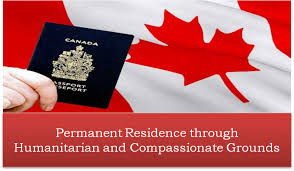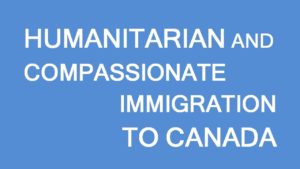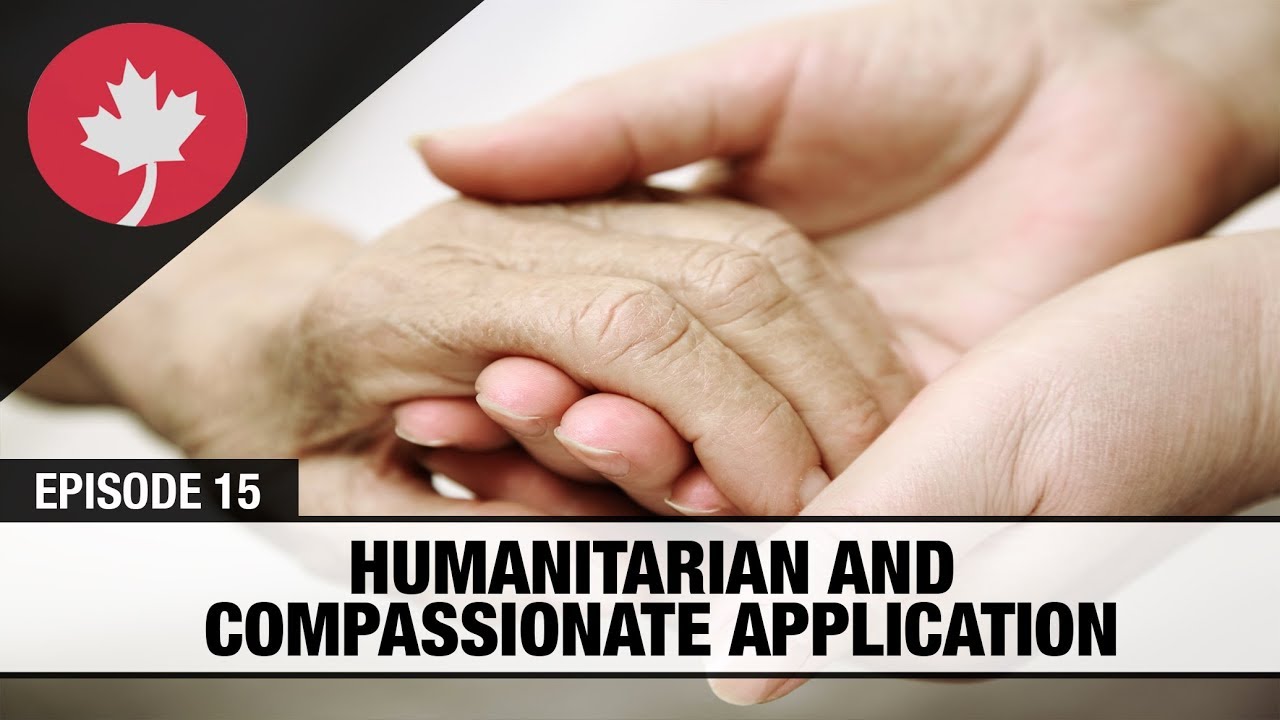Humanitarian and Compassionate

Humanitarian and Compassionate. Canada is known for its commitment to ensure that it can offer a safe haven for individuals fleeing persecution. Refugees in Canada can apply for permanent residence, and they can work, study, and access healthcare while they’re waiting for a decision.
However, what if you’re not a refugee, but leaving Canada would absolutely disrupt your life and the lives of your family members? In that case, you might be able to file a Humanitarian and Compassionate application.
H&C cases are decided taken into account individual circumstances. In general, they apply to individuals who are not refugees and cannot become permanent residents, but they are allowed to stay in Canada due to exceptional circumstances.
Some grounds examples include permanent residents who lived in Canada their entire lives and lost their permanent residence status because they became inadmissible. In such cases, they may not speak the language of their country of citizenship and all of their family and social ties would be in Canada. Another example of a Humanitarian and Compassionate case would be a situation when removing an individual would have significant negative effects on a minor child. For example, a child would be unable to get proper medical care for a medical condition if their parents are being removed to their home country.
It is difficult to provide a summary of all situations that would warrant and application based on H&C grounds, but IRCC identify the following factors:
- how settled the person is in Canada,
- general family ties to Canada,
- the best interests of any children involved, and
- what could happen to you if they do not grant the request.

There are some limitations to applying to become a permanent resident based on the Humanitarian and Compassionate grounds. If you are a temporary resident, you should only apply if you’re inside Canada, and you can only file one application at a time.
Secondly, such type of application is not a replacement for a refugee claim. It is based on different factors, and individuals are ineligible to apply if they have an active refugee claim. The same applied to rejected refugee claimants whose rejection from Immigration and Refugee Board was issued within 12 months. The same applied for individuals who abandon or withdraw their claim – they have to wait a year to file the Humanitarian and Compassionate application. However, this rule does not apply in two cases:
- If a minor child under 18 would suffer if removed from Canada, or
- If your dependent, i.e. partner or a child under 22, has serious medical issues that cannot be treated in their home country.
This is not an exhaustive list, and you can read more about who can apply for Humanitarian and Compassionate considerations on the Canada government website.
However, what is important to know is that if you have already been ordered to leave Canada, filing a Humanitarian and Compassionate claim will not affect it. However, your application will still be processed even after you leave.
So, where can you find the Humanitarian and Compassionate application forms and information about how to apply?
IRCC offer an application guide that lists the necessary forms and can help you decide whether this application is for you. You can calculate your Humanitarian and Compassionate grounds application fee by using the fee calculator on the government website.
All in all, if you think you qualify to apply for permanent residence on Humanitarian and Compassionate grounds, it’s best to work with a legal representative, since these applications are nuanced, and there’s no obvious eligibility criteria. You can also contact a community legal clinic in your area if you cannot afford to pay legal fees.
Regards,
International Experience Club

